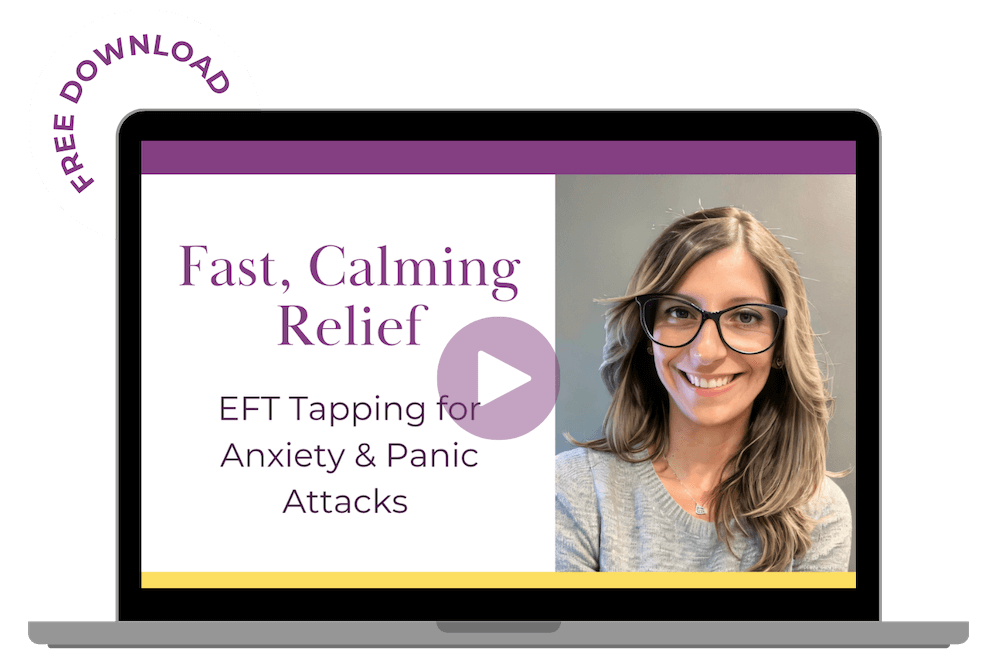Introduction: Anxiety is a complex condition influenced by various factors, including genetics, environment, and lifestyle. However, one often overlooked aspect of anxiety is its connection to hormonal fluctuations in the body. Hormones play a significant role in regulating mood, stress response, and anxiety levels. In this blog, we’ll explore the intricate relationship between hormones and anxiety, as well as practical strategies for managing symptoms through hormone regulation and lifestyle adjustments.
- Hormonal Influences on Anxiety:
- Stress Hormones: Cortisol, commonly known as the stress hormone, plays a central role in the body’s fight-or-flight response and can contribute to feelings of anxiety when levels are elevated chronically.
- Reproductive Hormones: Fluctuations in estrogen and progesterone levels, particularly during the menstrual cycle, pregnancy, and menopause, can impact mood and anxiety levels in women.
- Thyroid Hormones: Thyroid hormones, such as T3 and T4, regulate metabolism and energy levels and can affect mood and anxiety when imbalanced.
- Menstrual Cycle and Anxiety:
- Many women experience fluctuations in mood and anxiety levels throughout their menstrual cycle, with symptoms often worsening during the premenstrual phase (PMS) or ovulation.
- Hormonal changes, particularly fluctuations in estrogen and progesterone, can influence neurotransmitter activity in the brain, affecting mood and anxiety.
- Pregnancy and Postpartum Anxiety:
- Pregnancy and childbirth are significant life events accompanied by hormonal changes that can impact mental health.
- Some women may experience increased anxiety during pregnancy or postpartum, often attributed to hormonal fluctuations, sleep disturbances, and stress associated with parenting.
- Menopause and Anxiety:
- Menopause is a natural stage of life marked by hormonal changes, including declines in estrogen and progesterone levels.
- Hormonal fluctuations during menopause can contribute to mood swings, irritability, and anxiety in some women.
- Strategies for Managing Hormonal Anxiety:
- Hormone Therapy: For some women experiencing severe hormonal imbalances, hormone replacement therapy (HRT) may be prescribed to alleviate symptoms of anxiety and improve overall well-being.
- Stress Management Techniques: Practice stress-reduction techniques such as deep breathing, mindfulness meditation, yoga, or progressive muscle relaxation to help regulate cortisol levels and reduce anxiety.
- Lifestyle Modifications: Adopt a healthy lifestyle that includes regular exercise, balanced nutrition, adequate sleep, and relaxation techniques to support hormonal balance and overall mental health.
- Mind-Body Practices: Engage in mind-body practices such as acupuncture, massage therapy, or biofeedback to promote relaxation, reduce stress hormones, and support hormonal balance.
- Professional Support: If anxiety symptoms persist or interfere with daily functioning, seek professional help from a healthcare provider or mental health professional who can offer guidance and support tailored to your individual needs.
Conclusion: Managing anxiety involves addressing various factors, including hormonal fluctuations, that contribute to symptoms. By understanding the complex interplay between hormones and anxiety and implementing strategies to regulate hormone levels and promote overall well-being, you can take proactive steps toward managing anxiety effectively. Remember to prioritize self-care, seek support when needed, and advocate for your mental health to achieve a greater sense of balance and peace in your life.







